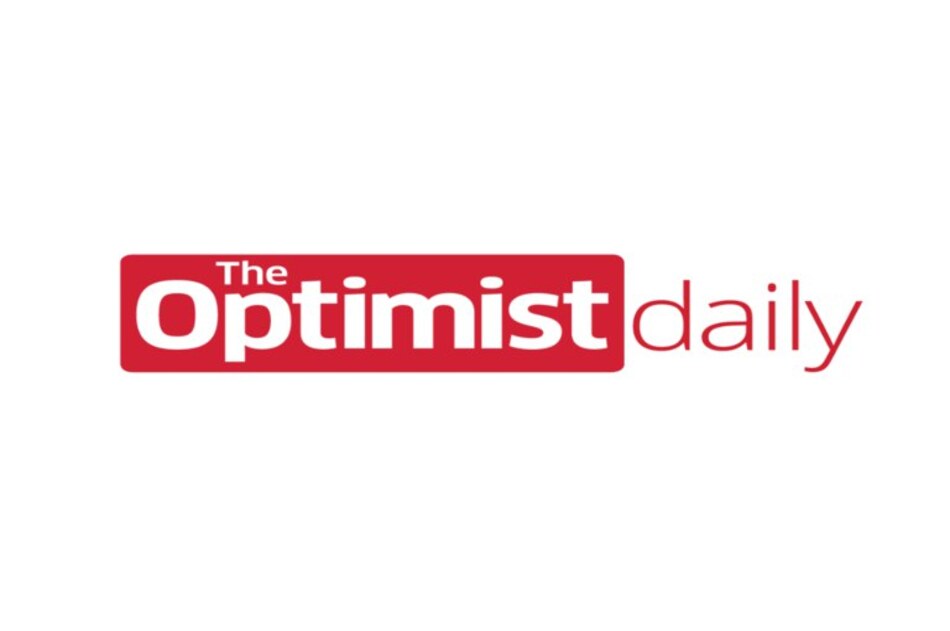When MIT computer scientist Adam Yala witnessed his mentor have a bout with breast cancer in 2014, he got a glimpse into the subjective side of the healthcare system and how much work needed to be done to improve breast cancer screening. For many patients, their ability to receive effective pre-cancer screening varies based on where they live and who their doctor is.
Yala wanted to standardize this experience for patients everywhere. He put his computer science training to good use and — together with his mentor Regina Barzilay and their team from MIT and Massachusetts General Hospital (MGH) — created a deep learning algorithm designed to predict whether or not a patient will develop breast cancer within the next five years.
Discovering early signs of breast cancer in women improves the odds of survival, but the methods for deciding who to screen are fuzzy. Current screening guidelines simply suggest more regular exams based on the patient’s age. Doctors normally recommend biannual mammograms at age 40 or 50, because breast cancer risk increases with age. This is painting with too broad a brush, Yala says.
MIT’s machine learning model is able to look past these weak predictors because it is based on mammograms of actual patients, recognizing patterns that are invisible to humans. Given “a large amount of data,” the predictive models are able to spot those extremely early signs of cancer before a human eye is able to. Whereas traditional predictive models accurately placed patients in the highest-risk category at an 18 percent success rate, MIT’s new model is predicting risk accurately in 31 percent of cases.
Yala says that the current iteration of the model is much more accurate than it was before, but it needs to work that well for everyone. There is no guarantee the model can predict outcomes as accurately for different races or in other parts of the world. But with more validated data from other hospitals around the world, MIT’s machine learning model is bound to become more accurate.










